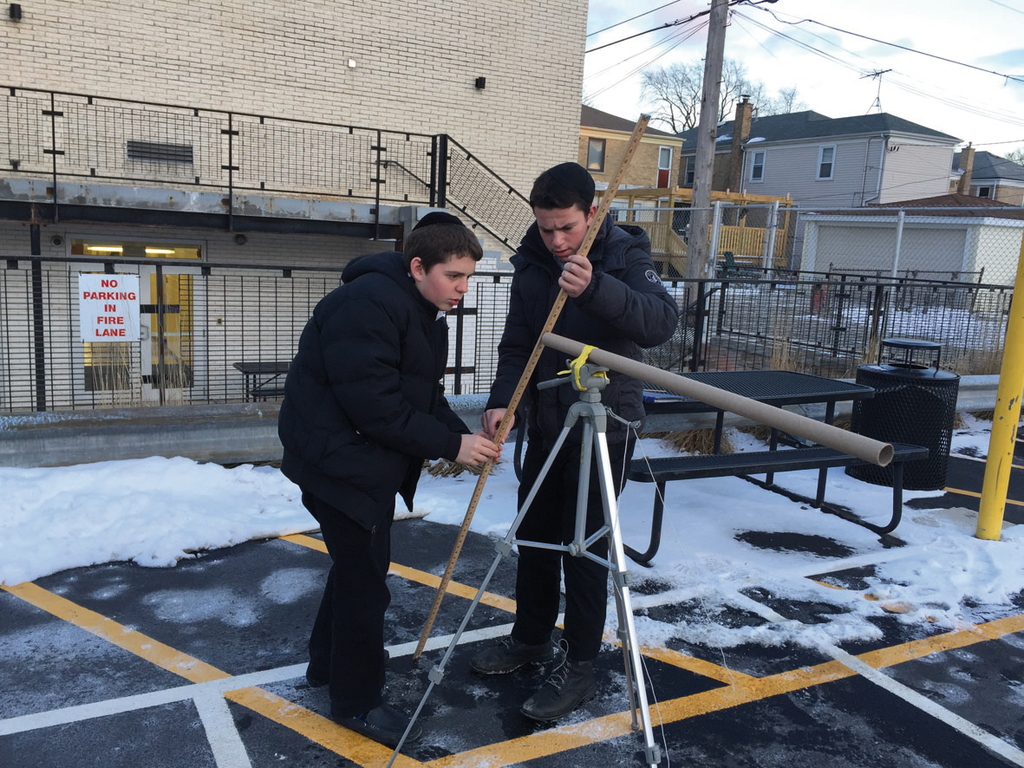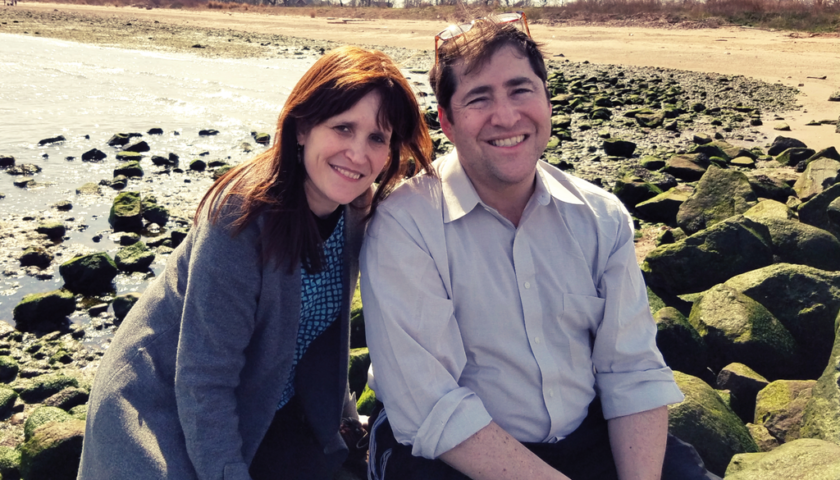A revolution in education is taking place in Chicago
By Ilan Preskovsky
The South African Jewish community has plenty of which we can be proud, but perhaps nothing more than the quality of our schools. For years, both our more traditional Jewish schools, as well as more explicitly religious schools have prided themselves on exceptional levels of secular education to go along with their Jewish character and value systems. It’s not for nothing, after all, that our matriculants consistently rank among the highest scorers in the country, with the intensity of their Jewish education doing little to get in the way of – and indeed often even enhancing – their secular education.
Over the years, the community has witnessed the creation of more and more Jewish schools, catering to different streams of Orthodoxy, different styles of learning, and, more recently, learning disabilities. A debate can certainly be had about the necessity for so many schools in so small a community, but no one can deny the challenges that such a thing brings to our community as a whole. By spreading out Jewish education across two dozen schools, often very limited resources end up being stretched, possibly well beyond breaking point. We may not be at this point yet, to be sure, but that certainly doesn’t mean we’re not heading that way.
We are, however, not alone in this challenge. Communities in the United States, for example, are already dealing with this as a reality, as their many Jewish schools struggle to keep up with the secular academic standards of the rest of the country. Most importantly, the way they’ve dealt with this can give us a huge heads up on dealing with whatever may be coming our way.
A DEEP Take on Maths Education
According to Daniel Alkhovsky, director of DEEP (Developing Excellence in Educational Practice), an institution that was set up to deal with precisely this crisis in Jewish schools in and around Chicago, the creation of numerous schools to cater to the often nuanced differences between various hashkofas (religious outlooks/worldviews) in each community has resulted in schools with limited resources trying to attract teachers to work part-time, for lower wages, at often very inconvenient times.
The DEEP collaborative, which was founded in 2011 by acclaimed science educator Dr Yosef Walder, has been working to correct this problem through a core group of teachers, coupled with specialised curricula and innovative text books. The thinking behind it is brilliantly simple: instead of each school relying on various part-time teachers, this small group of top-notch teachers works full-time by dividing their time between the different Jewish schools in the community.
The benefits of such a system are substantial. Rather than paying each individual teacher, the different schools contribute to a collective fund that is used to pay these teachers at rates that are very competitive with the average well-paying public school, as well as providing extra benefits that would otherwise be unheard of for part-time, freelance educators. This ensures that the best teachers have the incentive to apply for these jobs, while a thorough interviewing process of each potential educator ensures that they indeed are only the best of the very best.
Currently, DEEP consists of three highly qualified maths teachers who rotate between five different religious high schools in Chicago, teaching sixteen different courses in mathematics. This alone helps to bring these schools up to par in such a crucial subject area, but the particular focus of DEEP also offers significant advantages over the average public school. Most notably, these three teachers meet at the start of each school day to prepare for classes, to evaluate each other’s curricula, and to read up on and discuss the very latest in educational research. This level of preparedness is all but unheard of in even the most prestigious schools.
DEEP’s most recent and promising innovation, though, is the brand new textbook that they have developed to make maths more meaningful and engaging for their students. Available from the beginning of the 2016 school year, this textbook – called, quite simply, Advanced Algebra – is already in full use by the five schools partnered with DEEP and is such a radical reinvention of the way algebra is taught that it could well see its use expanded far beyond these five schools.
In effect, Advanced Algebra takes an approach to its subject that flies in direct opposition to the way maths is taught in the rest of the country. As Alkhovsky puts it, “Modern textbooks and curricula are constantly pushing to cover more material, thereby dumbing down the relevance and difficulty level of each topic so that teachers can squeeze them all into a one-year course. Teaching has become a mindless affair of rote memorisation of facts and formulas, enough to pass the next day’s test, but leaving students with very little understanding, engagement, or long term recall of the subject matter.” DEEP’s first textbook counters this with a curriculum that breaks down the year’s curriculum to its essential ideas; exploring each of these ideas in depth and restoring both greater understanding and a sense of excitement to algebra that is missing in most of the rest of the country.
What Does It Mean to Us?
Could such a revolution work here in South Africa? It’s hard to say. Our academic records do speak for themselves, as even some of the smaller schools join the institutional juggernauts in producing graduates with dizzying numbers of distinctions. And yet, it can become all too easy to rest on our laurels and not pay heed to where our community may be heading in the future. We may or may not ever need to consider such a consolidation of resources, but it would be foolish to not at least learn whatever lessons it has to teach.




